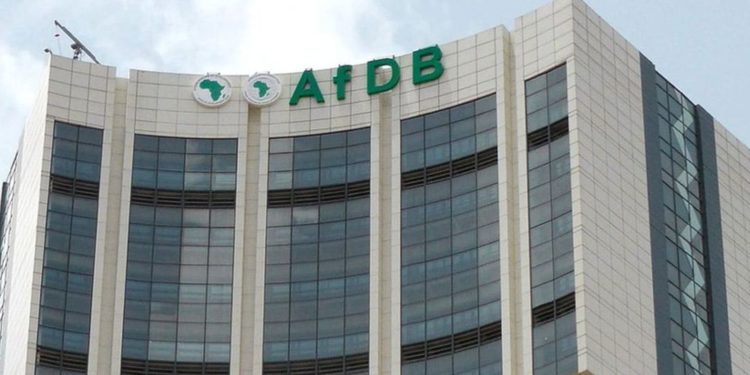The African Development Bank (AfDB) has withdrawn from a substantial renewable energy project in Nairobi’s Kibera slum due to extensive delays in initiating the venture. In January 2018, the AfDB awarded Asticom Kenya Limited a USD 995,000 (KES128.8 million) grant for the planned 12-megawatt (MW) Kibera Waste-to-Energy Plant. This grant, provided through the Sustainable Energy for Africa (SEFA) facility, aimed to make the project financially viable and attract additional investors. However, due to significant procurement delays, the project failed to launch.
Since the grant was awarded nearly six years ago, Asticom completed only one of three intended outputs. This lack of progress led the AfDB to cancel the grant after disbursing Kshs. 16.8 million, about 13.0% of the total amount. According to the lender, the project’s inability to reach financial closure rendered further involvement irrelevant. The grant expired before all activities were completed due to procurement-related delays.
The AfDB’s funding, combined with a KES 1.6 billion (USD 12.7 million) grant from the United Nations Climate Technology Initiative (CTI), was intended to cover initial project costs and attract further investment. The funds were allocated for an environmental and social impact assessment (ESIA) report, detailed engineering designs, a business plan and financial model, and legal documentation. However, by the end of 2019, Asticom had only hired a contractor for the ESIA report, which had yet to be approved by the National Environmental Management Authority (NEMA) as of December 2024.
AfDB’s completion report revealed that none of the project outputs were fully achieved, attributing the delays to procurement issues and a lack of familiarity with bank procedures. The bank also noted a breakdown in the professional relationship with Asticom and chose not to extend the grant deadline.
The proposed Kibera plant would have been Kenya’s first waste-to-energy facility, expected to generate 10 MW of energy, create 250 jobs, and reduce greenhouse gas emissions by 315,000 tonnes of CO2 equivalents by 2022. The plant was to convert municipal solid waste, crop residues, and livestock waste into biogas for electricity generation. This project aligned with AfDB’s 10-year strategy and Kenya’s Vision 2030, aiming to support sustainable economic growth through competitive renewable energy.
Reflecting on the project’s failure, the AfDB admitted to a misjudgement in assessing Asticom’s capacity, emphasizing the need for thorough evaluations of procurement capabilities before approving grants.















